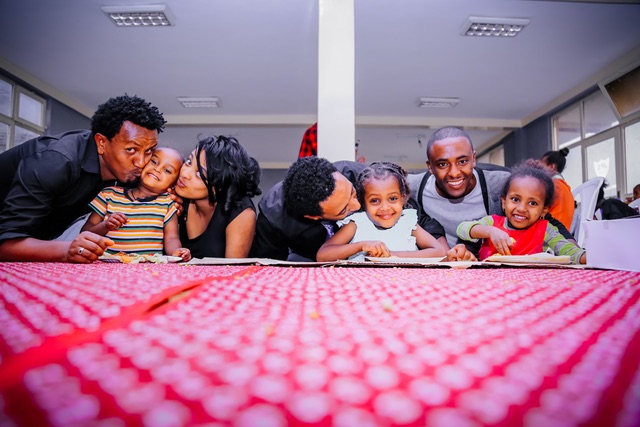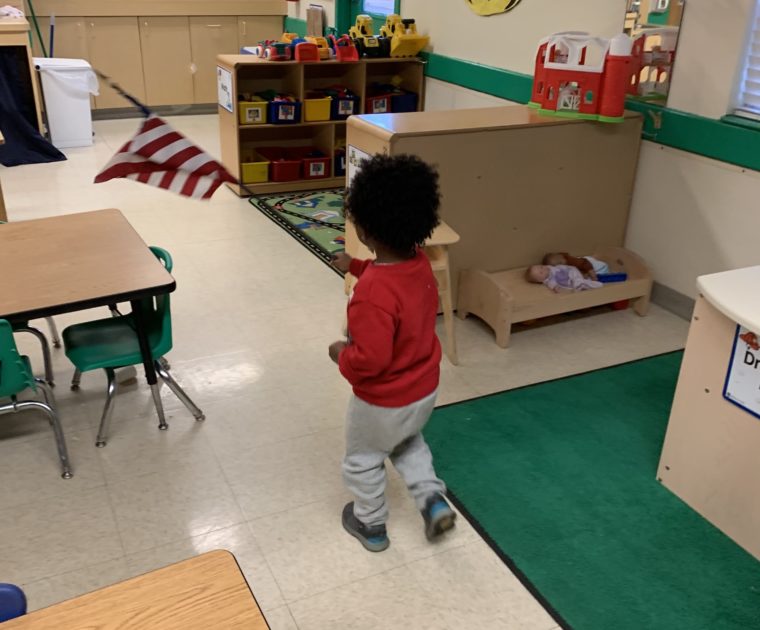The mundane parts of black and brown life have gained notoriety as smart phones have captured for all to see just how much racism interrupts the daily lives of people of Color. It may be tempting to try to shield our children from those images, but try not to give in to that feeling. Despite some uncertainty, it is never too early to start talking to kids about race. They absorb more than we think without us even saying a word. Moreover, children are likely to have their own negative experiences dealing with racism and discrimination, which can compromise their mental health.
Children as young as three begin to categorize people according to race. In an ideal world, we teach children to pay attention to what they see. It is only reasonable to expect that they know brown skin is different from white skin, even if they don’t know what, if anything, that means.
It is important for parents of black and brown children to prepare them to maneuver through systems that may be hostile to them, including school, and to start early.
What can parents do to help young people of color thrive in systems that do not promote or ensure their success?
-
Teach them who they are. Identity development, specifically racial identity development, is essential to a child’s ability to not just survive, but to thrive, and it starts in the home. The most important lessons a child will learn about who they are begins with their sense of belonging and acceptance by the significant persons in their lives. Such experiences inform their ideas about how they see themselves and who they would like to become.
-
Help them to understand your beliefs and values. All kids need to be told and shown that they are loved. Remind them they are capable and resilient. Parents should pair these concepts with discussions about how some people in the world will see them and treat them because of their skin color. Black youths who are socialized with a sense of racial belonging develop positive attitudes about who they are, and about the culture of their identified racial and/or ethnic group. They are better able to acknowledge and resist future discriminatory experiences.
-
Work with them to develop “coping and countering strategies” to use. Even very young children can practice everything from active resistance to passive withdrawal, when they encounter racialized situations. Parents and caregivers must take the lead on these strategies. My research suggests that without the explicit “how to…” messages related to coping and strategizing, kids cannot figure it out on their own. The psychological impact can be damaging if children don’t have guidance in developing methods for themselves. Young people of color who are confident about who they are better prepared to employ healthy and productive coping strategies when facing oppression.
If you have done all you can, and your child is still struggling, you may need professional help. Finding a good therapist is difficult no matter what you are struggling with, but for racial trauma, any old therapist won’t do. Many parents assume that seeking a practitioner who is of color, is enough. Unfortunately, this is not the case. Carefully interview a potential provider to be certain that they have the training and experience.
As parents, once we send our kids out into the world, what they encounter is beyond our control. All we can do is prepare them. People of color are resilient. When we arm our kids with confidence and self-knowledge, it is amazing what they accomplish even in the face of adversity.
Dr. Maryam Jernigan Noesi is a licensed psychologist with ties to the Atlanta, GA and Connecticut areas. In addition, she is a Visiting Assistant Professor of Psychology at Agnes Scott College. She also holds an appointment as Assistant Clinical Professor at Yale School of Medicine where she studies mental and physical health disparities among youths of color, and helped to develop culturally-competent school-based interventions.
She can be reached at jerniganassociates@gmail.com.


Leave a Reply